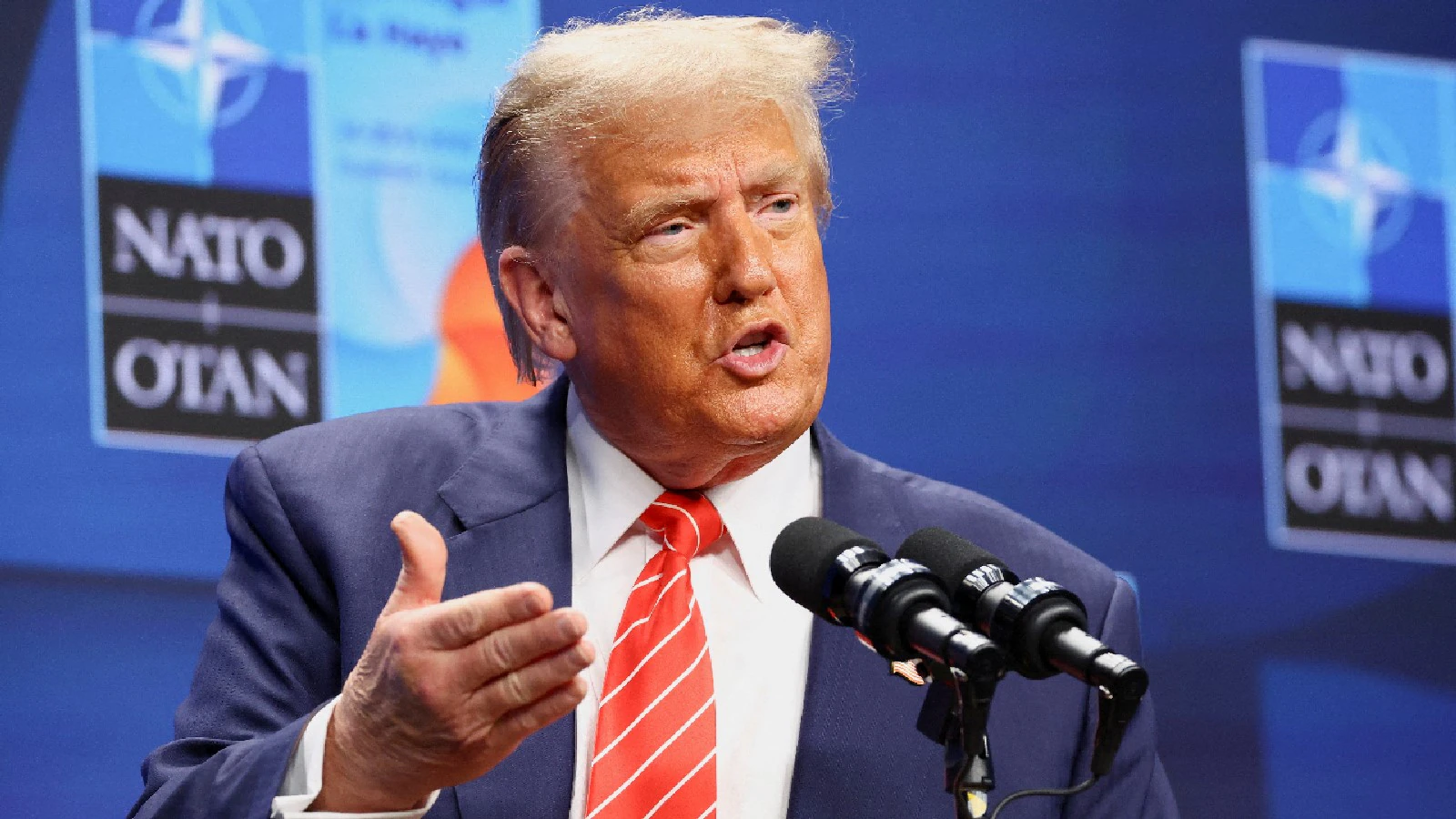Copyright news18

Imagine ramping up nuke tests for the fear of missing out! In an age defined by viral trends and competitive brinkmanship, the latest announcement from Donald Trump feels almost surreal. On October 29, the US President declared on Truth Social that he had “instructed the Department of War to start testing our Nuclear Weapons on an equal basis” with Russia and China. The post, casually dropped hours before a scheduled meeting with China’s Xi Jinping, jolted Washington, startled allies, and reignited a debate many thought was buried with the Cold War: the return of US nuclear weapons testing. If carried out, this would mark the first full nuclear test by the United States since 1992—a 33-year hiatus that had become both a technical tradition and a moral statement. The move appears, on the surface, to be about parity: Trump’s phrasing “on an equal basis” implies a fear that Washington is falling behind Moscow and Beijing in the nuclear arena. Yet no credible evidence suggests either Russia or China has resumed full explosive testing. Both, like the US, have relied on computer simulations, subcritical experiments, and delivery-system demonstrations to keep their arsenals sharp without breaking long-standing global norms. The irony is stark. The world’s most powerful military power appears to be considering a return to nuclear testing not out of necessity, but out of perception—a sense of strategic FOMO, the “fear of missing out” on a dangerous kind of technological theatre. SHOW OF STRENGTH OR SYMPTOM OF INSECURITY? Trump’s defenders will argue that renewed testing is about deterrence—sending a message to rivals that the US remains capable, confident, and unconstrained. It is, they say, a counter to Russia’s recent publicised trials of the Burevestnik nuclear-powered cruise missile and the Poseidon “super torpedo”, both billed as revolutionary doomsday systems. But the logic is precarious. Nuclear deterrence has never relied on demonstrations of firepower, but on the credibility of possessing it. The US arsenal remains the most advanced and secure in the world; the notion that American scientists have “fallen behind” in maintaining it is unfounded. A return to live nuclear explosions would not make the arsenal more capable; it would only make the world more anxious. GLOBAL IMPLICATIONS For decades, the US has been both a participant in and a moral anchor of the global nuclear restraint regime. Its last test in 1992 was followed by a voluntary moratorium and later the signing of the Comprehensive Nuclear-Test-Ban Treaty (CTBT)—though Washington never ratified it. A US resumption of testing could shatter what’s left of that consensus. It would hand Moscow and Beijing a pretext to follow suit, fracture arms-control efforts, and tempt other nuclear-armed states—India, Pakistan, perhaps even Israel—to reconsider their own restraint. In one move, decades of painstaking diplomatic architecture could crumble. POLITICAL THEATRE MEETS ATOMIC REALITY The political context of the announcement cannot be ignored. Trump’s message came amid tensions with China and Russia, at a moment when his administration faces mounting pressure to project toughness abroad. It also comes as Congress and US allies debate the balance between deterrence and diplomacy. The statement’s reference to a “Department of War”—a name not used since 1947—evoked a nostalgic echo of an earlier, more confrontational era. Yet, the practical feasibility of resuming tests is uncertain. According to nuclear experts, it would take years, not weeks, to prepare a site such as Nevada’s for full explosive trials. The infrastructure, environmental compliance, and international fallout (literal and diplomatic) make an immediate restart improbable. Trump’s phrasing, then, reads less like a policy directive and more like a political message: a chest-beating assertion that the US will not be left behind in an arms race that, for now, exists mostly in rhetoric. THE CHOICE AHEAD The world’s nuclear powers stand at a crossroads. Either they reaffirm the principle that restraint is a form of strength, or they spiral into a new era of competitive escalation. In 1945, the nuclear age began with a flash in the desert and a warning from Oppenheimer about humanity’s capacity for self-destruction. In 2025, that warning feels newly relevant. To test a bomb is easy. To prove wisdom in not doing so is infinitely harder. If Trump’s announcement was meant as a show of strength, it may instead be remembered as a test—of America’s judgment, not its weapons.



